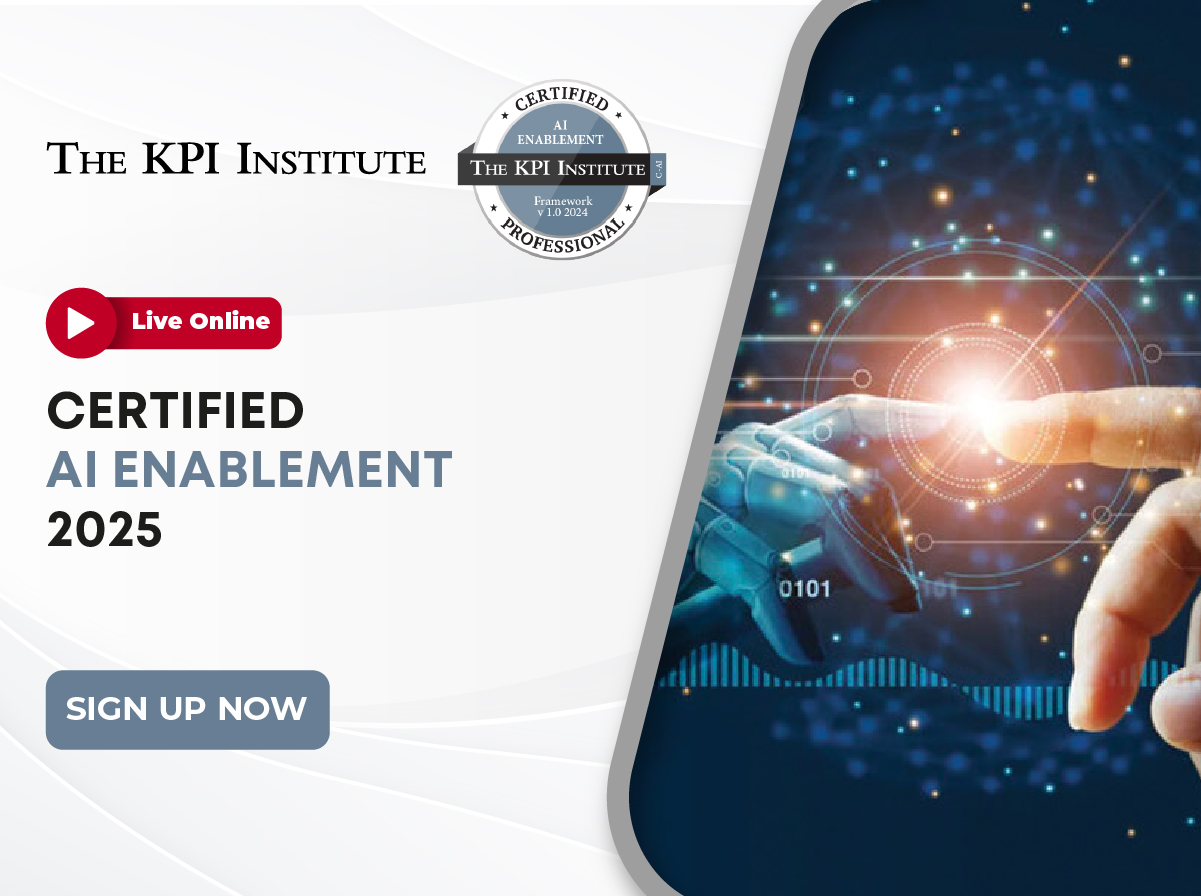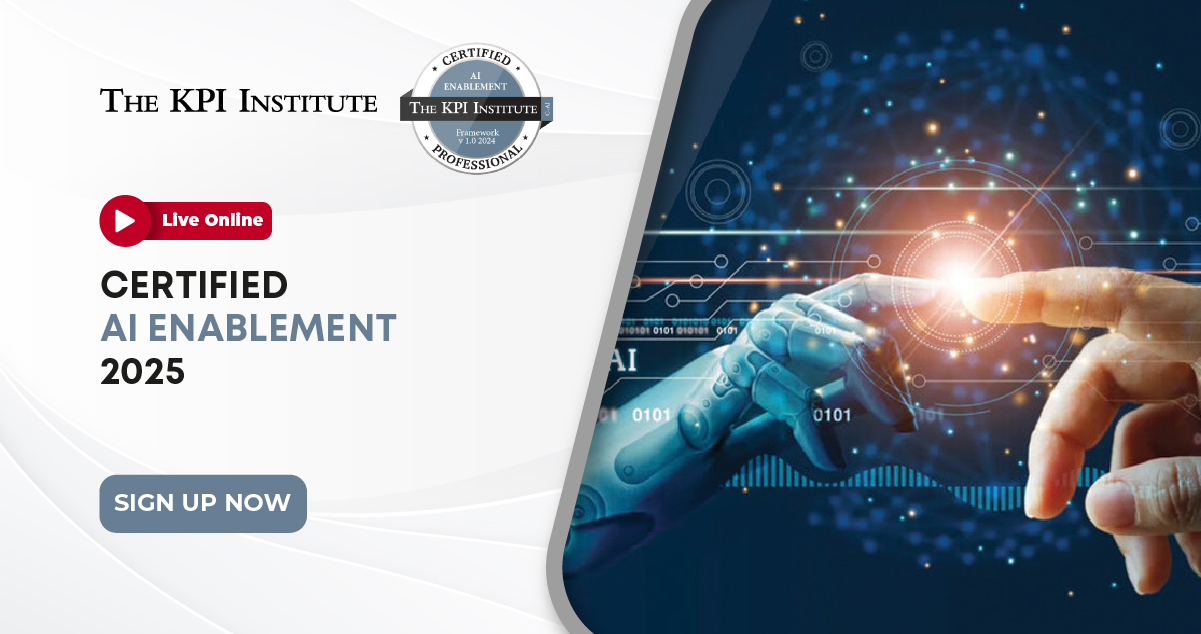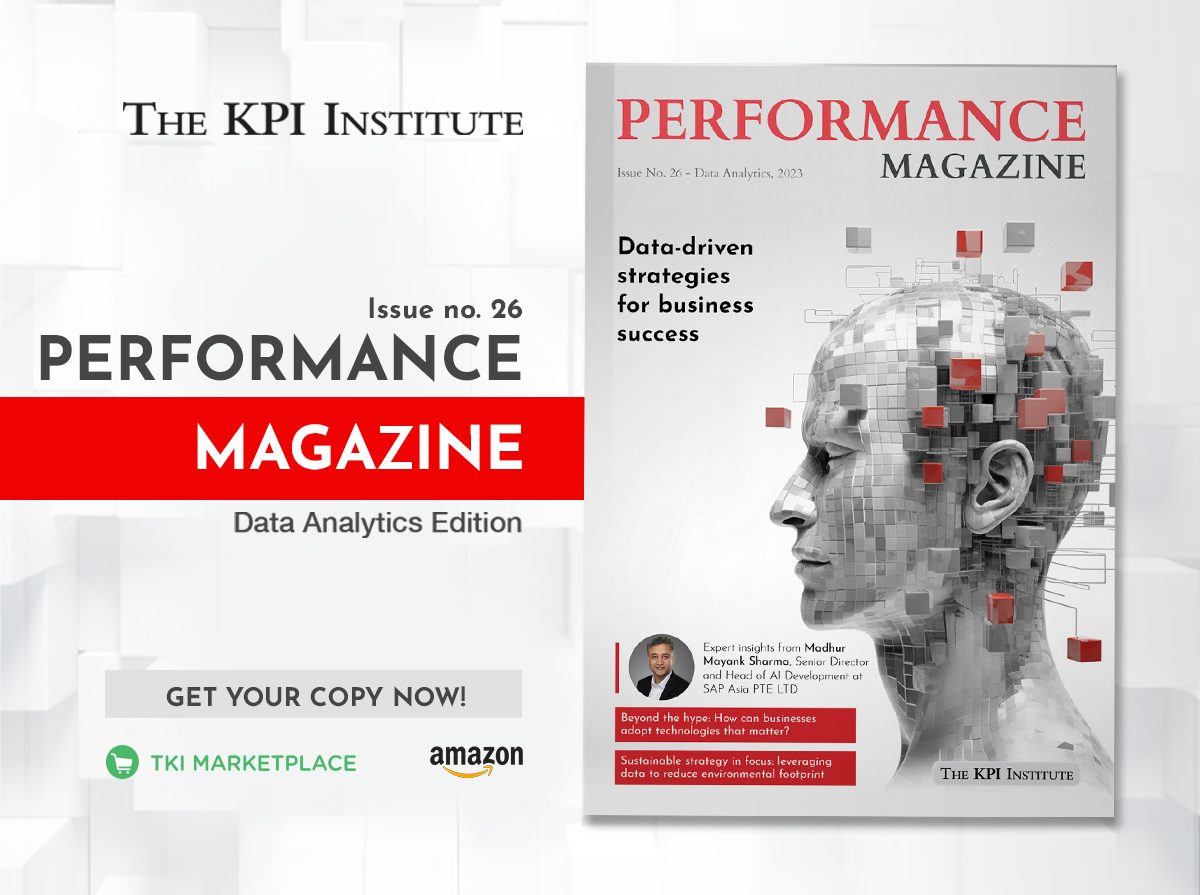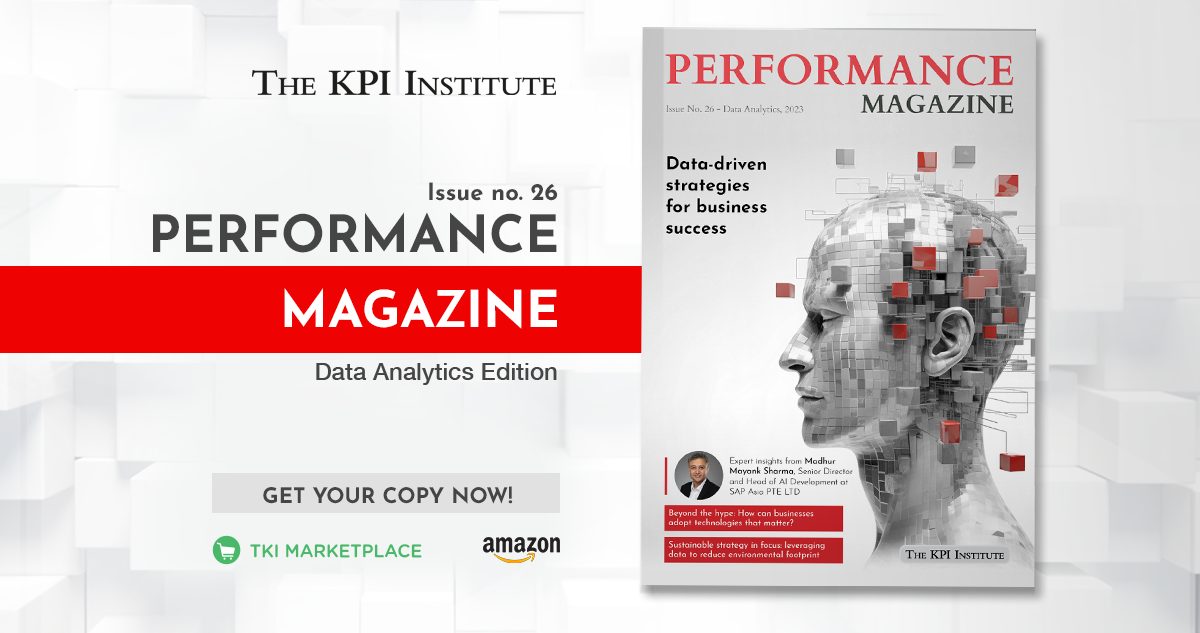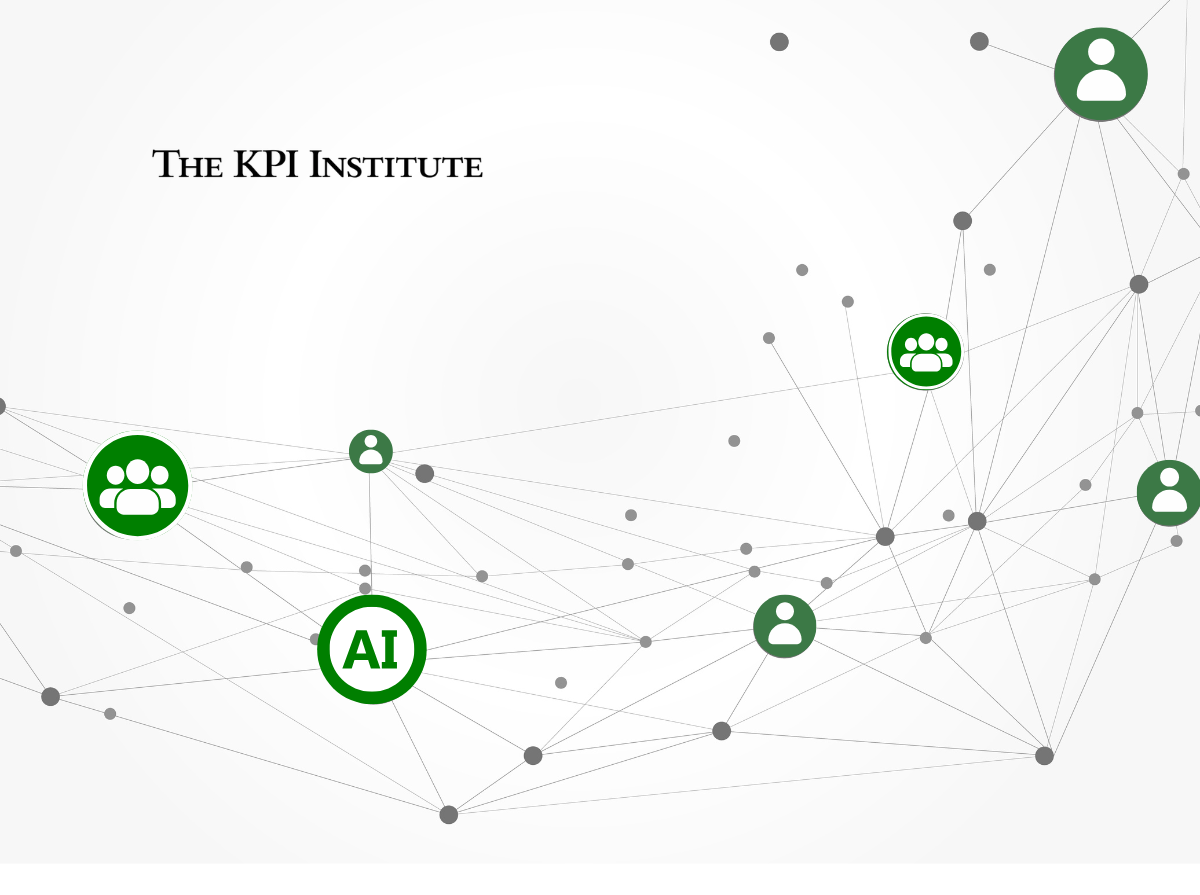
From AI to skills-first hiring: report reveals what’s disrupting business right now
July 2nd, 2025 Posted by Kimberly Tilar Publications 0 thoughts on “From AI to skills-first hiring: report reveals what’s disrupting business right now”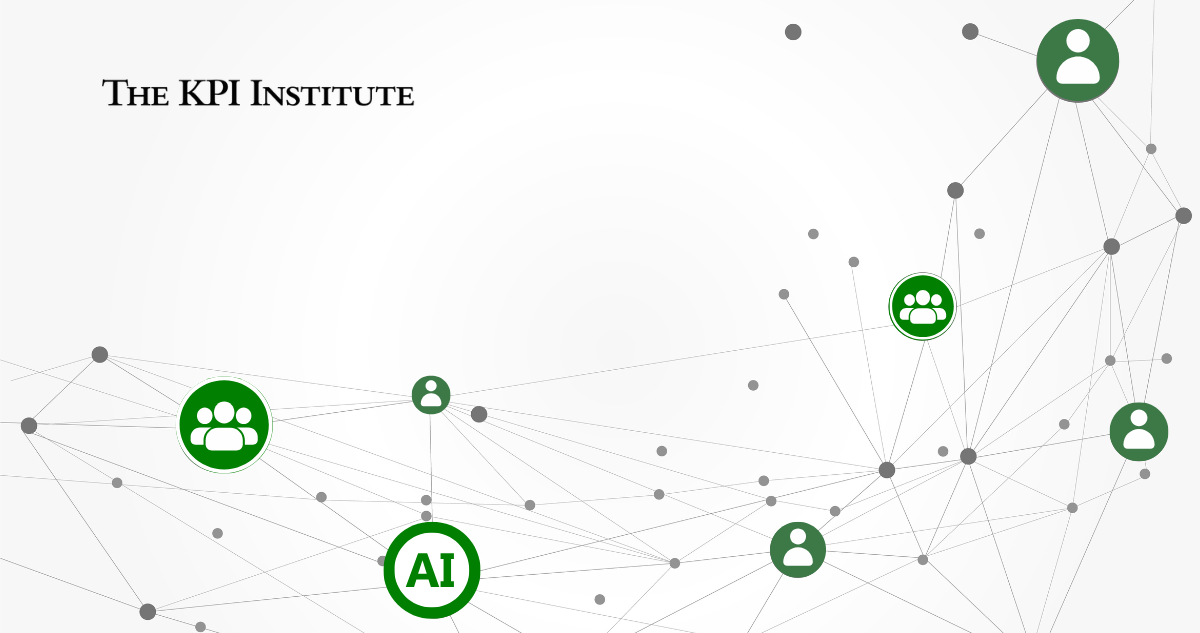
Just as individuals must adapt to changes in their personal lives, such as shifting priorities and new tools, organizations must also respond to broader shifts in the environment in which they operate. Today, sociocultural changes and technological advancements are playing a pivotal role in redefining how strategy is crafted and how performance is managed.
The 2025 Global Trends Brief, by The KPI Institute, emerges as a vital resource, offering comprehensive insights into the forces set to shape the strategic direction of organizations worldwide. Drawing from an extensive analysis of over 100 industry publications, expert commentaries, and in-depth studies, the report highlights the primary drivers of change across six critical dimensions: Geopolitical, Economic, Socio-Cultural, Environmental, Technological, and Legal.
In our previous article, we explored the Geopolitical and Economic drivers, where we highlighted how global power shifts, inflation, and supply chain instability are influencing organizational strategy, risk management, and performance.
In this follow-up, we now explore the Sociocultural and Technological trends that are redefining the workforce and transforming business operations. From artificial intelligence (AI) integration and cybersecurity to shifting workplace values and talent models, these forces are reshaping how organizations operate and compete in a modern business world.
Sociocultural advancements reshape workforce strategies
According to the 2025 Global Trends Brief, organizations are no longer relying solely on traditional methods to attract and retain talent. Instead, skills-first hiring has gained momentum, signaling a shift away from degree-based qualifications. Companies are placing higher value on practical capabilities, real-world experience, and adaptability.
Meanwhile, employee experience, mental health, and professional development have emerged as critical priorities. With hybrid work environments now the norm, businesses are addressing the challenges of talent shortages, workforce engagement, and well-being. In this evolving landscape, AI integration is also redefining talent strategies, enabling more targeted hiring, upskilling programs, and reduced turnover.
Notably, women-led businesses are expected to lead innovation across high-growth sectors such as healthcare and technology, signaling a sociocultural shift toward more inclusive and resilient leadership models.
However, as older generations retire in large numbers, many industries are facing a looming talent gap. This trend is pushing organizations to invest in internal development, cross-training, and more flexible working models to future-proof their workforce.
Technology continues to disrupt and empower
On the technological front, AI’s evolving ecosystem is transforming business operations across industries. One major development is the rapid advancement of DeepSeek, which has raised national security concerns in the U.S., emphasizing the growing complexity of international AI competition.
At the organizational level, cybersecurity has become a top priority. As autonomous and agentic AI systems begin to carry out tasks with minimal human input, ensuring safe and ethical deployment is paramount. Businesses are now exploring how these AI agents can handle routine tasks, enabling employees to focus on high-value work.
Generative AI (GenAI) is also set to revolutionize operations, particularly in supply chain management, by automating decision-making, improving forecasting accuracy, and streamlining logistics. Meanwhile, the convergence of quantum computing and AI is opening new frontiers in data processing and problem-solving, with implications for industries ranging from pharmaceuticals to finance.
After years of software dominance, hardware innovation is staging a comeback. From advanced chips designed for AI workloads to energy-efficient processors, the renewed focus on physical infrastructure is enabling AI systems to operate at higher speeds and lower costs.
As sociocultural and technological trends continue to evolve, they’re not just shaping operations. But they are also redefining the core of strategy, leadership, and performance. Explore the full insights, including key figures, referenced studies, and detailed analysis on how each component impacts strategy and performance management practices. Download the full 2025 Global Trends Brief, available on the TKI Marketplace. Stay tuned for our upcoming articles as we unpack the remaining two drivers in detail.

